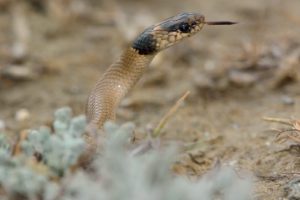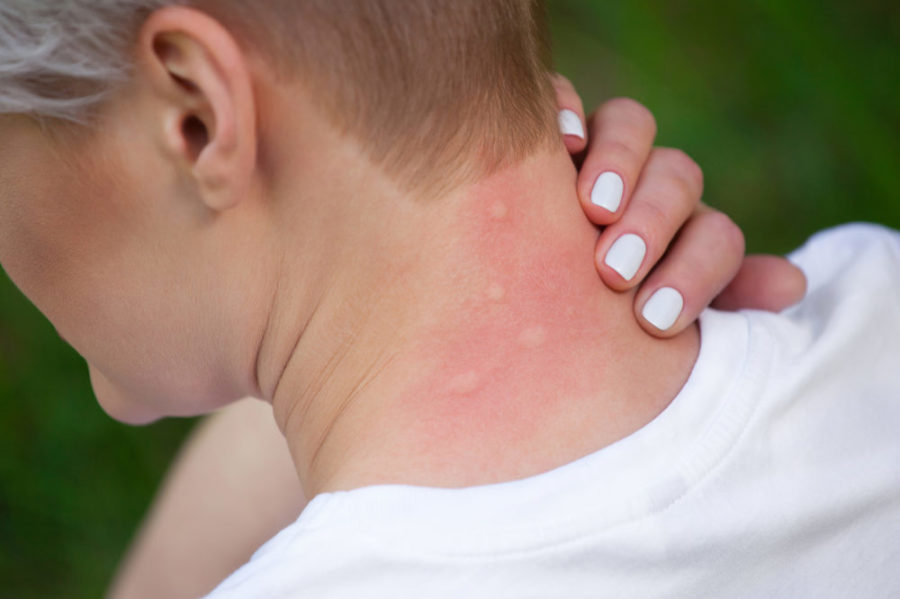Contributed by Dr. Avni Shah, DO, Pediatrician, Baylor Scott & White Clinic – Pflugerville
[dropcap size=small]A[/dropcap]s our weather warms up and throughout the summer it’s important to start thinking about snake and bug bites. It’s critical to be aware of your surroundings and familiarize yourself with the venomous critters in our area.To ensure your family’s safety from bites and stings this spring and summer, follow these safety tips:
- Familiarize yourself with the venomous critters in the area you live. Know what they are, what they do, and where they hide. The Baylor Scott & White Central Texas Poison Center can be a great resource for information on the dangers that lurk among us.
- If you have been bitten or stung by an insect, inspect for any stingers or venom sacs, remove those and then wash the area with soap and water.
- Use bug sprays containing DEET for anyone over 2-years-old. Be sure not to apply to the face or areas that the a child may put in his or her mouth.
- Call the Central Texas Poison Center for questions or if you have been bitten or stung by an insect or spider for more information.

To ensure your safety from snakes, follow these safety tips:
- Be familiar with the venomous snakes in the area you live.
- Treat all outdoor snakes as if they are venomous. Even non-venomous snakes can bite, which can lead to an infection.
- Remember, most snake bites occur from people trying to capture or kill the snake, so it is advised to leave the snake alone and get a professional to assist you.
- Always wear shoes that cover the entire foot when walking outdoors.
- If you encounter a snake, back away slowly and leave the area immediately. Most snakes are docile and will only strike if they feel threatened.
If you happen to be bitten by a snake that you believe to be venomous, here is what you do:
- Don’t panic! Get to the hospital, you can call the Baylor Scott & White Central Texas Poison Center on the way 800-222-1222.
- Do not try to lance and suck the venom out. This is not effective and can cause more serious injury and possibly infection.
- Do not apply ice.
- Do not tourniquet the area you have been bitten.
- Do not worry about catching or killing the snake to show the doctors what bit you. Read up on venomous snakes in your area and know how to identify them.
Call if you have any questions or if you have been bitten.
For more information visit Baylor Scott & White.







Recent Comments